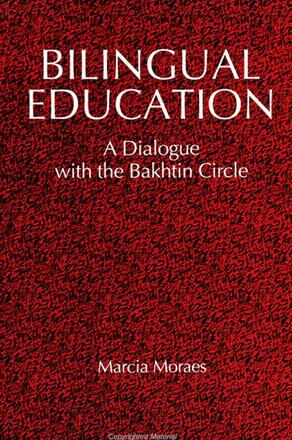
Bilingual Education
A Dialogue with the Bakhtin Circle
Alternative formats available from:
Examines the theories of Bakhtin and Freire in relation to bilingual education and second language learning.
Description
Bilingual Education: A Dialogue with the Bakhtin Circle is the first book to make a connection between bilingual education and the theories of the Bakhtin circle. The analysis is focused on language as a social entity from the perspective of Bakhtinian dialogic existence. The author includes a discussion of critical/radical pedagogy connected to Paulo Freire's dialogic pedagogy. Also addressed are the major laws and policies of bilingual education in the U. S. and the current debate involving English-only versus English-plus instruction.
Marcia Moraes is Professor in the Department of Languages and Literature at Rio de Janeiro State University in Brazil.
Reviews
"This book harnesses two powerful theoretical frameworks, testing the implications of Bakhtinian and Freirian perspectives for rethinking bilingual education. The author provides a critical analysis that will speak both to teachers about instructional practice and to 'educational planners' about curricular design. I admire the ambitious aim of re-examining approaches to bilingual education through the lens of sophisticated linguistic and social theory. In addition, the premise that traditional, structuralist theories can undermine language teaching by overlooking the importance of social context to language learning is a sound one. Moraes makes a persuasive argument against viewing bilingual education in monolithic, 'one-policy-fits-all' terms. " — Christian Knoeller, University of Wisconsin, Eau Claire
"The author's summary of the Bakhtin Circle's thought is masterful and impressive. She deftly finesses the non-issue of 'who wrote what' in the Bakhtin Circle. She correctly assesses the need to inform her readers of Bakhtinian thought prior to launching into her critique of bilingual education. The book is thoughtful, with provocative writing throughout. " — Dennis Sayers, University of California Educational Research Center